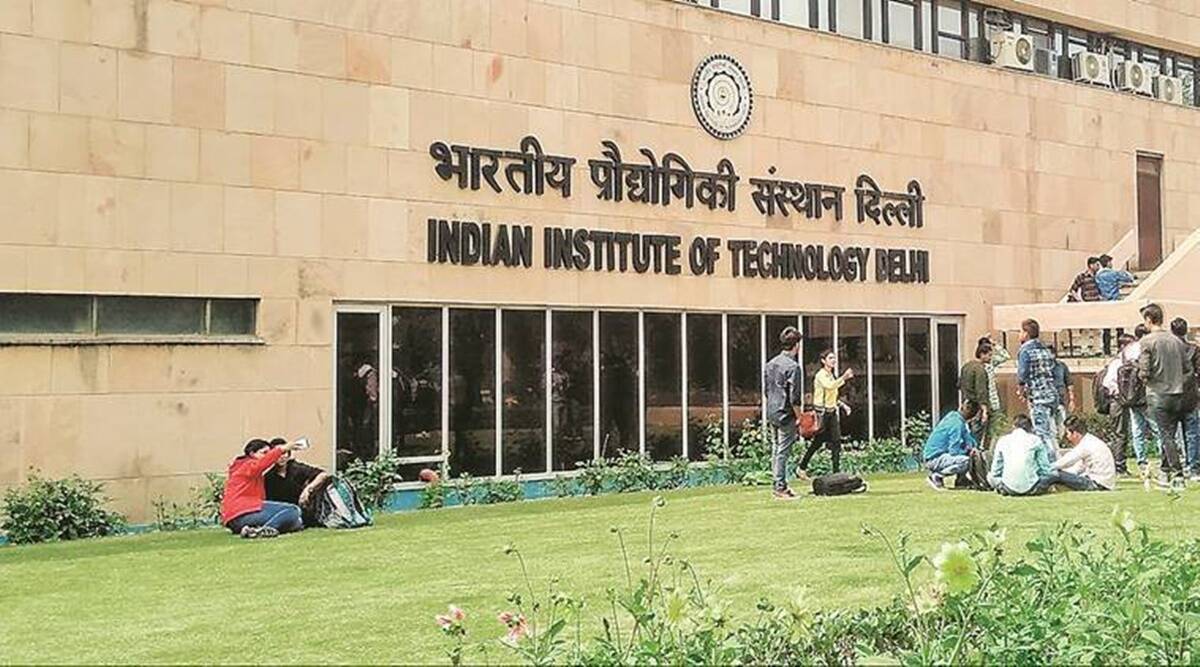 IITs Boycott THE Rankings: Directors of IIT Delhi and IIT Bombay told this newspaper that they will continue to shun the rankings since THE hasn't resolved problems with the evaluation parameters.
IITs Boycott THE Rankings: Directors of IIT Delhi and IIT Bombay told this newspaper that they will continue to shun the rankings since THE hasn't resolved problems with the evaluation parameters.IIT Boycott THE World University Rankings: The Indian Institutes of Technology (IITs) in Mumbai, Delhi, Kanpur, Madras, Roorkee and Kharagpur have boycotted the Times Higher Education (THE) World University Rankings for the third year in a row and are not willing to relent unless the ranking agency is more “transparent” about its assessment parameters.
In 2020, seven IITs announced their boycott of THE’s World University Rankings after the premier engineering schools held two meetings with THE representatives to flag their issues of “transparency” with the ranking metrics. Of the seven institutes, IIT Guwahati has participated in the rankings this year and is placed in the 1001-1200 band, much below its younger counterparts IIT Ropar (501 – 600), IIT Indore (601 – 800), IIT Patna (801 -1000) and IIT Gandhinagar (801 -1000). IIT Guwahati director TG Sitharam was not available for a comment
Directors of IIT Delhi and IIT Bombay told this newspaper that they will continue to shun the rankings since THE hasn’t resolved problems with the evaluation parameters. IIT Bombay director Subhasis Chaudhury, said, “There is no improvement in the transparency factor in their process. Directly a rank is allotted to the institute. We should know what the process is. There is no reason to participate without knowing what exactly we are participating in.”
IIT Delhi director Rangan Bannerjee agreed with Chaudhury. “As of now our stand continues to not participate due to the lack of transparency in the process witnessed in the past.”
A spokesperson with THE, on the other hand, has said that the organisation held talks with the “IITs (and other institutions) on several occasions and continue to welcome discussions with them” on ironing out the differences.
“As mentioned, we have given a detailed explanation of our rankings methodology, and have listened to their input. In the next edition of the ranking, to be launched next year, we have incorporated some of their suggestions,” the spokesperson told The Indian Express.
THE evaluates institutions on five parameters — teaching (30%), research (30%), citations (30%), international outlook (7.5%), and industry outcome (2.5%). In teaching and research, 15% weightage each is based on a “reputational survey”. The IITs have been speaking out against THE’s citation metric.
“There are several research projects in which institutions collaborate globally. Such research papers have high citation by virtue of multiple authors associated with it. An institution that is part of such a project ends up having a disproportionate advantage over others because of one paper that is cited multiple times globally,” an IIT director, who did not wish to be identified, had earlier told this newspaper.
“There is also no consistency in performance. One year an institution can do well in these rankings only to find that it has been dropped altogether next year. Academic institutions don’t work on a quarterly basis. There is no transparency on how data is collected,” said another director.